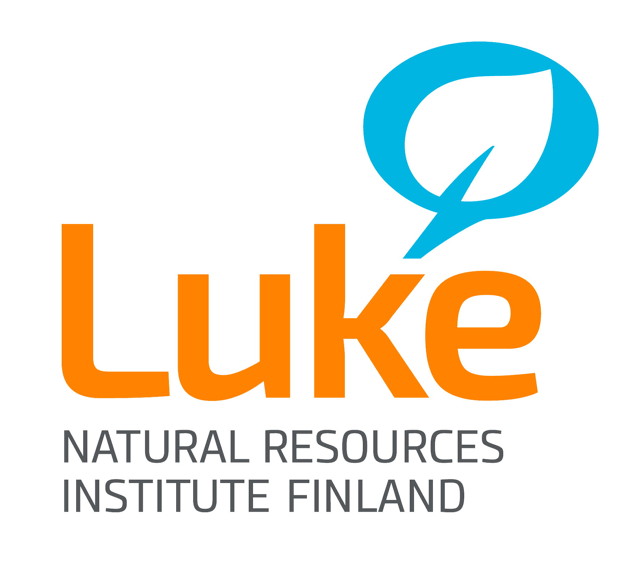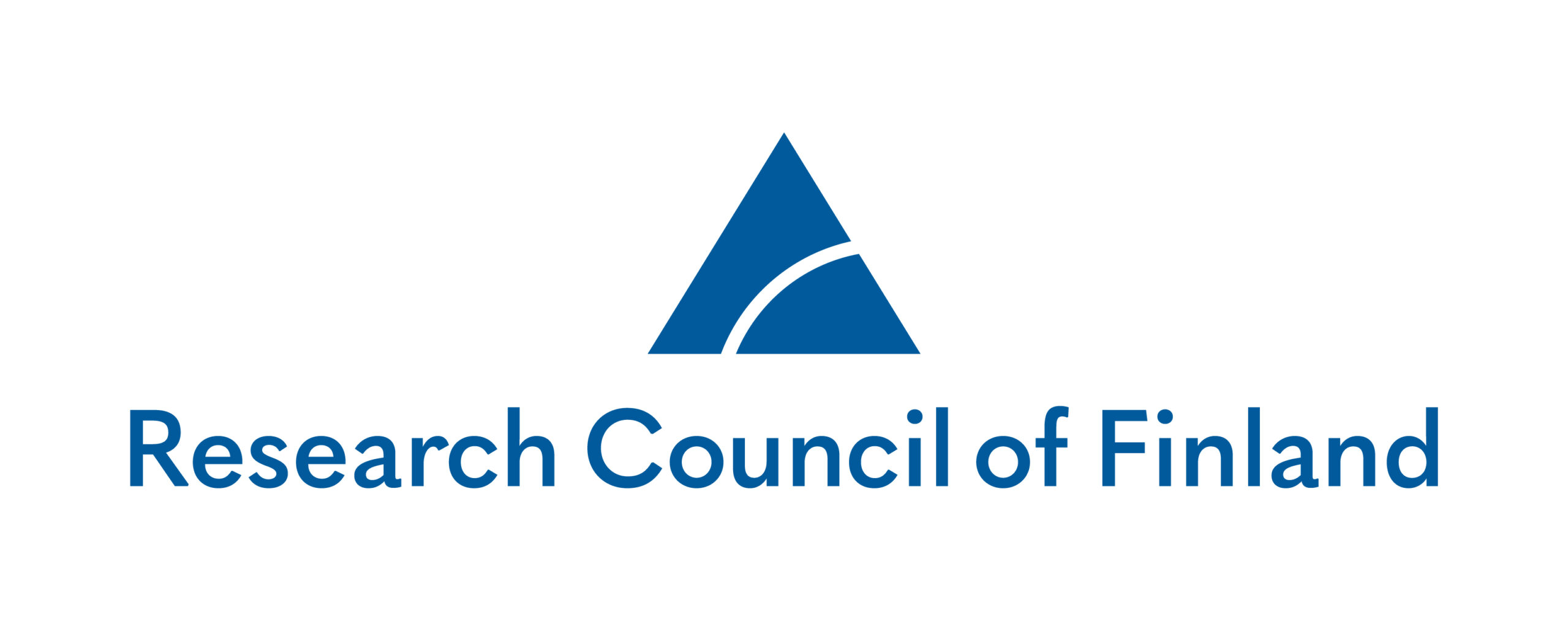Project Staff
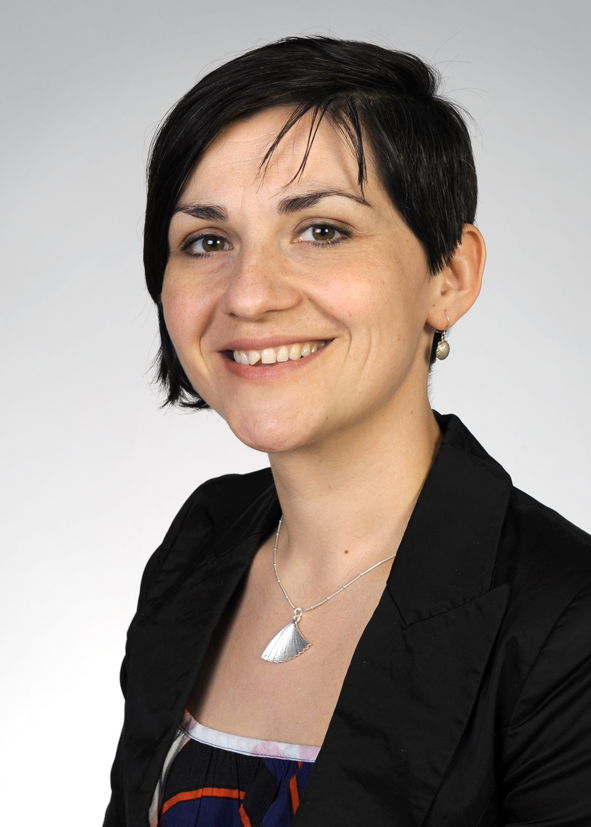
Sabaheta Ramcilovik-Suominen, Project Manager, LUKE
She is an Associate Research Professor and Academy of Finland Research Fellow at Luke. She holds a PhD with in International Forest Policy and Governance from the University of Eastern Finland (UEF), where she is also a docent in Global Environmental Justice. She applies political ecology, decoloniality and environmental justice lenses to shed light on the unequal power relations, domination and inequalities, corporate and state-backed land grabbing. She studies those in the context of international and EU policies promoting green growth, bioeconomy, carbon forestry and forest legality, mostly in Ghana and Laos. Inspired by local responses, movements and struggles for change, her more recent work focuses on socioecological transformations towards postgrowth, anti-colonial and just futures.
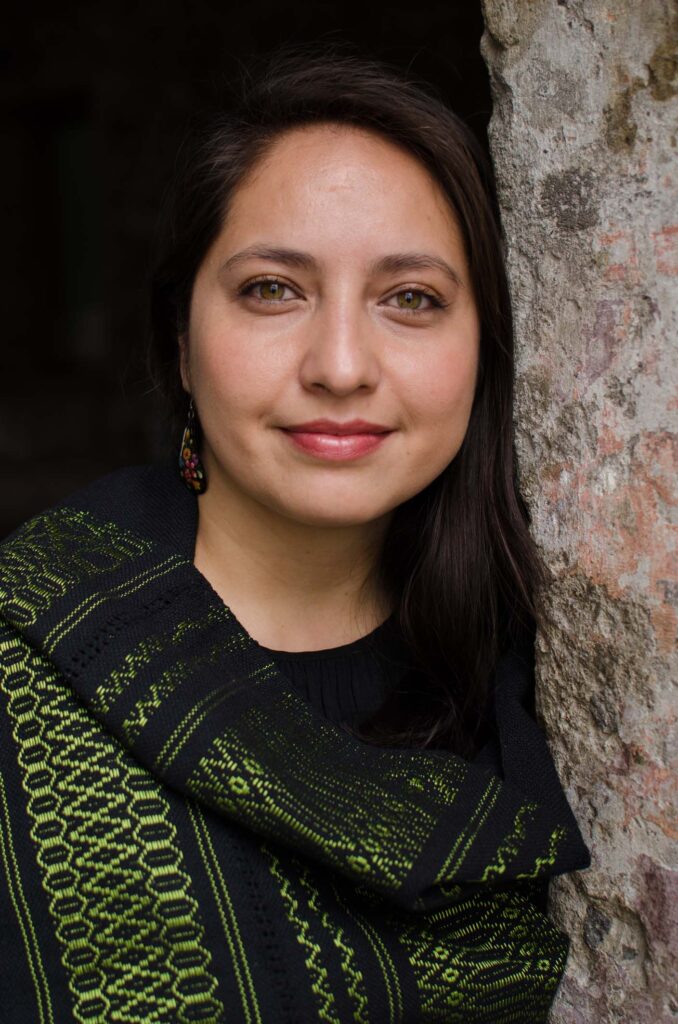
Violeta Gutiérrez Zamora, Post Doctoral Researcher, LUKE
Violeta Gutiérrez Zamora holds a PhD in Social Sciences with a major in Environmental Policy from the University of Eastern Finland (UEF). Her research focuses on topics related to rural development, forest conservation, and human-nature relationships. She applies qualitative research methods and incorporates perspectives from feminist political ecology and environmental sociology to her work. Her research has taken her to rural and forest areas in Mexico and Laos. She is actively involved as a member of the Finnish Society for Development Research (FSDR) and the collective FeminismosOtroas.
Former Project Staff
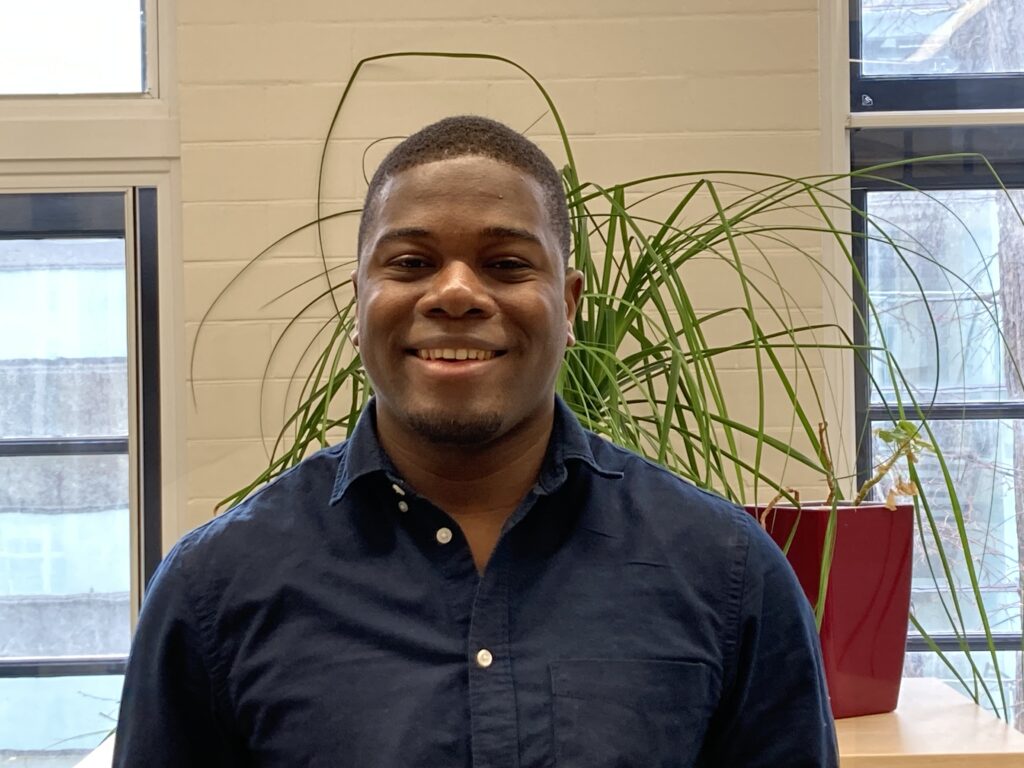
Eric Mensah Kumeh, Post Doctoral Researcher, Leverhulme Centre for Nature Recovery, University of Oxford
Dr. Kumeh is interested in power and equity within natural resources and climate governance. He uses mixed methods, including ethnographic fieldwork to socio-ecological systems, especially how socio-environmental policies and related investments affect diverse stakeholders. He explores best-bet, best-fit institutional arrangements to engender equitable outcomes across actors and scales. Dr. Kumeh is passionate about land access as a source of, and a basis for tackling inequality in rural Africa.

Rachel Tome Valencia Hamilton
Holds a PhD from the University of Oxford, UK, School of Geography and the Environment. Their research interests include political economy of forest governance decentralisation and the impacts of Indonesia’s 2014 village level decentralisation. Their other interests include: Social and environmental activism and Community engagement. Within the Just GLOBE project they worked on literature review concerning transformations, and planned a Lao case study with the focus on the European Union’s domination in Southeast Asia.
Collaborators
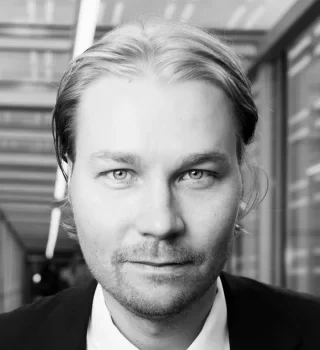
Markus Kröger, Professor, Global Development Studies, University of Helsinki
Markus Kröger’s research focuses on the politics of extraction and resistance amid global climatic-ecological crises. He has published four books and many articles on forestry, mining, agriculture, and agroforestry dynamics, especially in South America, India, and the Arctic.
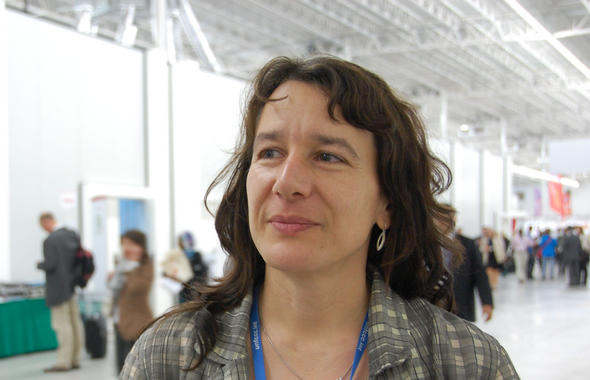
Constance McDermott, Associate Professor, ECI Oxford University
Dr. Constance L. McDermott is an Associate Professor and Jackson Senior Research Fellow in land use and environmental change at Oriel College and the Environmental Change Institute, School of Geography and the Environment, Oxford University. A social scientist by training, she has over 30 years’ experience conducting research and applied work on state, civil society and market-based approaches to the governance of forests and related supply chains, and the nexus of forests with climate, agriculture and land use change. Her work, which spans the Americas, Europe, Asia and Africa, includes a strong focus on issues of social equity in environmental conservation initiatives.

Franklin Obeng-Odoom, Professor, Global Development Student, University of Helsinki
Franklin Obeng-Odoom’s research interests are centered on the political economy of development, stratification economics, urban and regional economics, natural resources and the environment, fields in which he has published six sole-authored books, including Global Migration Beyond Limits and The Commons in an Age of Uncertainty.
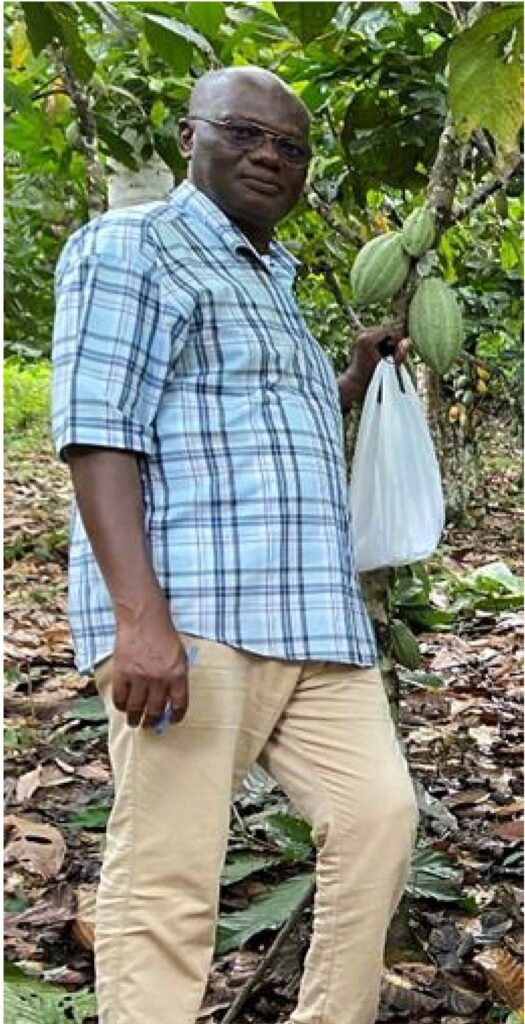
Lawrence Damnyag, Forestry Research Institute of Ghana /FORIG
Lawrence Damnyag holds a Ph.D. in Forest Science-Forest Economics from the University of Eastern Finland, Finland. He is a Principal Scientist at the CSIR-Forestry Research Institute of Ghana and a Senior Lecturer at the Kwame Nkrumah University of Science and Technology, Kumasi, Ghana. He has over 20 years of experience in research, working with farmers in Africa in livelihood improvement and forest conservation; university teaching and supervision of thesis at the postgraduate level. The graduate courses he teaches include i) Natural Resource and Environmental Economics, and ii) Ecosystem Services Valuation and Governance. His research focused on i) agriculture, and forest resources valuation, ii) development of decision support tools for forest resources management, iii) working with farming communities to foster low carbon, and forest restoration, iv) Economic modeling of agro-forestry/forestry systems, v) Agricultural/forest investment appraisals; International Forest Policy; Carbon Finance and Marketing. His publications have recorded 1160 citations in Google Scholar
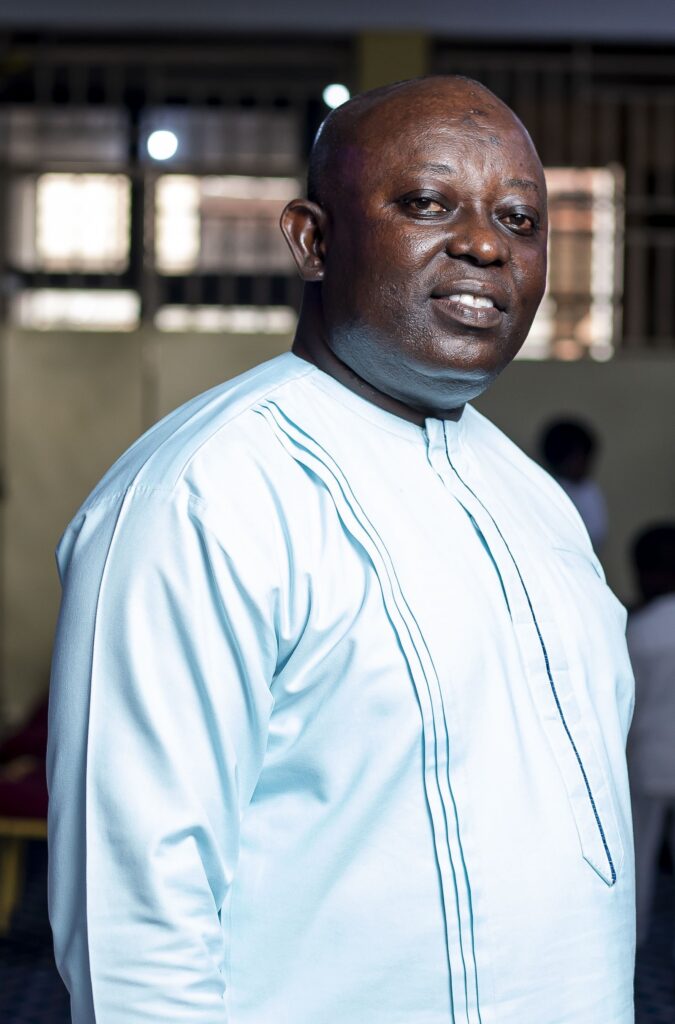
Emmanuel Acheampong, KNUST University
Emmanuel Acheampong is a Professor of Forest Governance at the Faculty of Renewable Natural Resources of KNUST in Ghana, with over 25 years of experience in Ghana’s forestry sector. He has done extensive research into forest governance systems, timber production networks and forest justice issues in Ghana. Within these areas, he has done extensive research on illegal logging, particularly chainsaw milling in Ghana, participatory forest monitoring, the charcoal commodity chain in Ghana, the long-term impacts of the establishment of biofuel feedstock plantations, especially Jatropha curcas, on local communities, as well as innovations for improving landscape productivity, agriculture and food systems in Ghana. He has wide experience in research project management and implementation. Prof. Acheampong teaches Principles and Practice of Natural Resource and Environmental Governance, and Natural Resource and Environmental Policy and Politics. He has several publications in peer reviewed international journals.

Dr. Thoumthone Vongvisouk, Associate Prof. & Deputy Director General of the Department of Forestry, Ministry of Agriculture and Forestry. , Laos
Dr. Thoumthone is currently one the key responsible persons on forest fire management and prevention at the Department of Forestry. Before being a DDG, he worked as Director of Planning and Cooperation Division and Director of REDD+ Division of the Department of Forestry. Dr. Thoumthone used to be a researcher at the National University of Laos (Faculty of Forest Science) and had more than 20 years experiences in research in relation to resource governance, land use changes and climate change related issues. He received Post Doc from the University of Bern, Switzerland and PhD from University of Copenhagen, Denmark on Geosciences and Natural Resource Management.
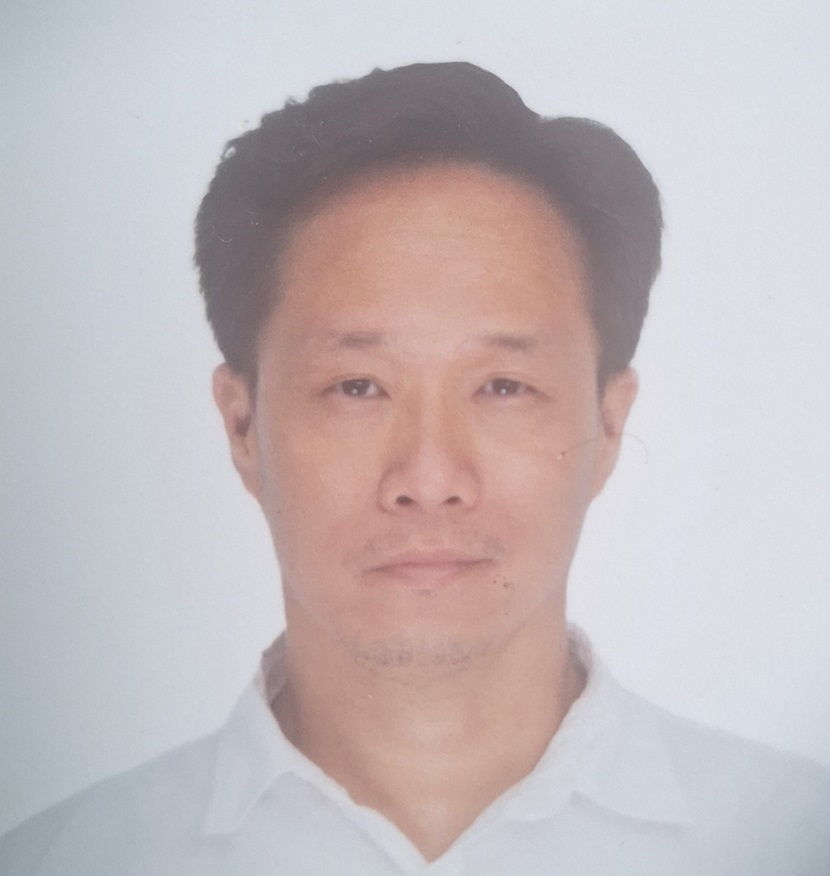
Phong An Hyun, GRET
Phong A Huynh is a rural development and commons-based-approach expert, having graduated with a Masters in Social Change and Development from the University of Newcastle. He has been with GRET since 2012 in various capacities including deputy Project manager of the Bamboo Projects (2012-2021), SE Asia Geographical Focal Point for the Commons program (2019-now) and technical advisor for integrating commons-based approach to the Wetland Improvement and Sanitation Enhancement Project in Luang Prabang (WISE LPB). His experience in implementing, developing and adapting commons-based approach (CBA) tools originate back to 2012 in facilitating the development of bamboo value chains through the CBA’s principles. As part of GRET’s emphasis on supporting Civil Society Organisations (CSOs) to become facilitators of communities’ active participation in the shared governance of their resources, Phong has supported the development of a Bamboo and NTFP Development Association (BNDA), the first of its kind in Houaphanh Province, home of Lao PDR’s communism or Pathet Lao. These experiences have afforded GRET and him the opportunity to adapt and expand the Commons-Based approach’s various toolsets to appropriately apply in different projects working on different sectors (such as in Humanity & Inclusion-led UXO project and a GRET-led Wetland Improvement and Sanitation Enhancement Project in Luang Prabang). Phong Huynh is a Vietnamese-American based in Vientiane, Lao PDR.


